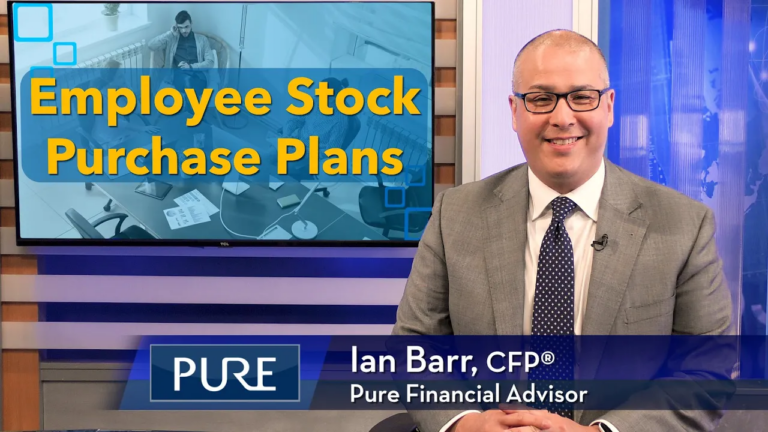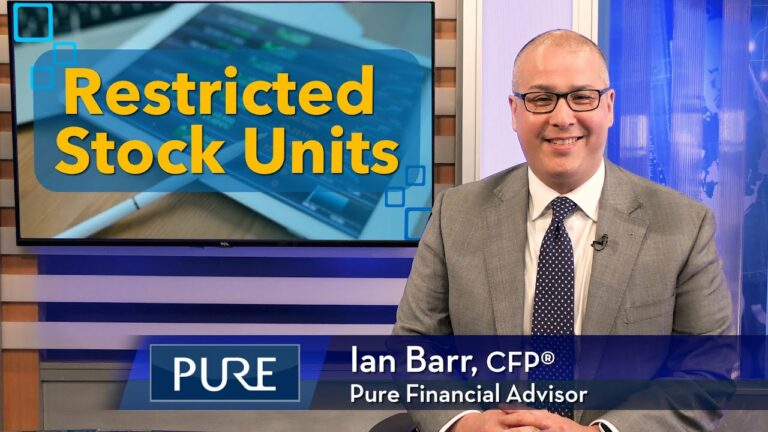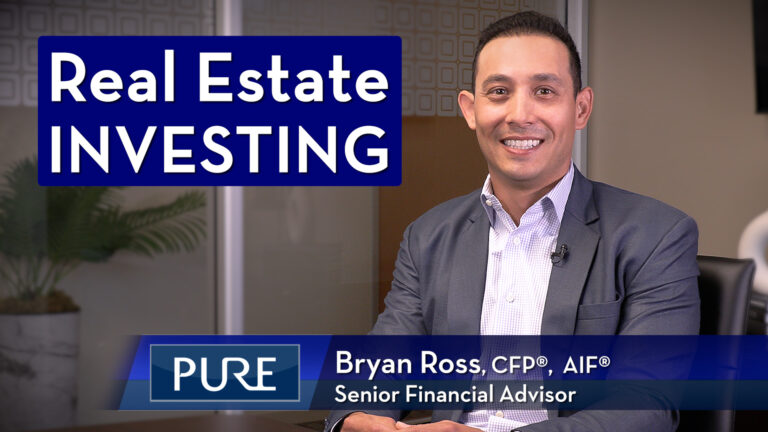There has been a lot of talk in the past few years about “fiduciary duty.” Senior Financial Planner Allison Alley, CFP® of Pure Financial Advisors explains what it means to be held to the fiduciary standard, and why it’s important to work with a fiduciary when it comes to financial planning.
Transcript:
One of the questions we get quite a bit is what is a fiduciary, what’s the fiduciary duty and why is that important? Well, a fiduciary is a person or a legal entity, like a bank or a brokerage firm, that’s legally required to act in the best interest of a client in situations requiring total trust honesty and good faith.
Really, anyone can be a fiduciary. The most common example of a fiduciary is a trustee of a trust. But corporate officers are also fiduciaries to their shareholders. Attorneys are fiduciaries to clients, and some but not all financial advisors are fiduciaries to clients.
It’s also important to understand what the fiduciary duty is. The fiduciary duty is the highest standard of care. It’s acting in the best interest of the client or beneficiary in all situations, even if those decisions are contrary to your own interests. For financial advisors, this may mean giving advice that results in no compensation. The reason that this is important is because not all financial advisors are fiduciaries – in fact, financial advisors aren’t required to be fiduciaries.
So before you make a decision on a financial advisor that you want to work with, you want to understand whether they’re held to a fiduciary standard or not. Questions you might want to ask are surrounding the type of products they recommend, the type of advice they give, and how they’re compensated. If you ask an advisor if they are fiduciary and they are fee-only advisor, it’s likely that they are also a fiduciary. A commission-based advisor is almost likely not a fiduciary. Important questions to ask before making those decisions.
One thing to keep in mind, Pure Financial is a fiduciary; we are a fee-only financial advisory firm. If you have any other questions, contact us at PureFinancial.com












